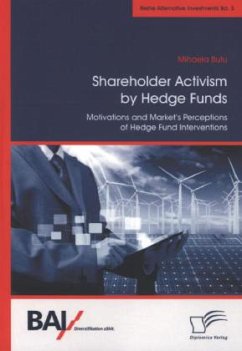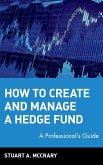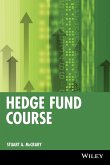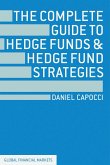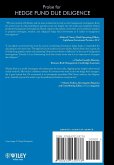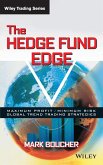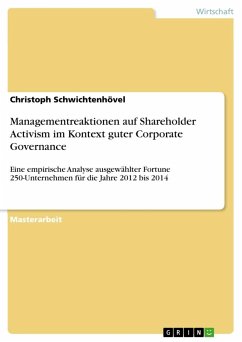In recent years, hedge funds' successful interventions in some large public companies have revealed their critical role in the corporate governance landscape in the United States and Europe. Due to public opinion, this new form of shareholder activism is accompanied by much polemic. This study examines the nature of hedge fund activism, the types of them, and the market s perception of interventions in the United States. Starting with a distinction between shareholder activism by traditional institutions, and activism performed by hedge funds, the study elucidates why the latter may be more effective in monitoring management, and reduce agency costs. Analysing the Schedules 13D filed with the U.S. Securities and Exchange Commission, the study provides a classification of activists demands into ten distinct categories, arguing that hostile forms of activism are not central for hedge funds, and some more aggressive types of activism are possibly used as a negotiating tool to achieve the activist s agenda. Using the event study methodology, the author estimates the stock returns around the announcement date. For a better understanding of hedge fund activism, and their demands on target companies, the reader will find two original Schedule 13D filings accompanied by letters to the management. Finally, the paper concludes on a view of the subject through the prism of the 2007/ 2008 financial crisis, outlining some trends in the aftermath of the financial market turmoil.
Hinweis: Dieser Artikel kann nur an eine deutsche Lieferadresse ausgeliefert werden.
Hinweis: Dieser Artikel kann nur an eine deutsche Lieferadresse ausgeliefert werden.

